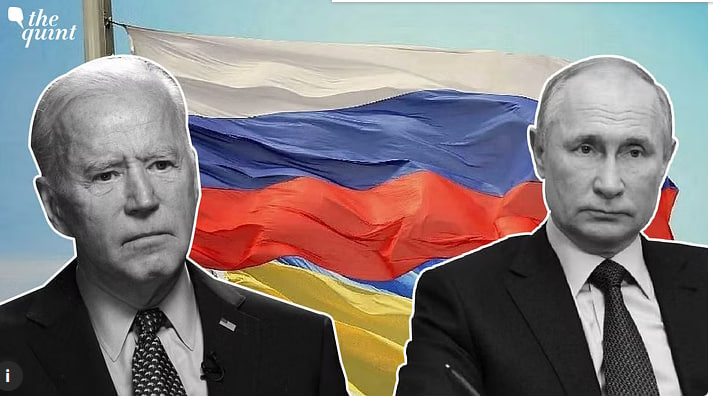Neutral , not passive : On India’s stand on the Russia-Ukraine conflict
India should push for a pragmatic solution to the Ukraine conflict
The visit by Ukraine’s Deputy Foreign Minister Emine Dzhaparova to India, the first such by a senior government official from the East European country since its invasion by Russia, demonstrates Kyiv’s desire to build tighter ties with New Delhi and seek its help in resolving the conflict. Earlier, Ukraine had publicly expressed its displeasure over India’s position on the war. In August last year, Foreign Minister Dmytro Kuleba had attacked India’s energy purchases from Russia, saying it involved “Ukrainian blood”, and that Kyiv expected “more practical support” from New Delhi. But Ms. Dzhaparova sounded more pragmatic when she said Ukraine did not want to instruct India on its energy and economic ties with other countries, but that her nation was fighting an existential battle. The war has left India in a difficult position. Russia is a historical partner which India has deep defence ties with and there is no easy, immediate alternative here. And, Russia’s aggression is a naked violation of Ukraine’s sovereignty , territorial integrity and international laws. The war has also made India’s ties with its western partners complicated as the trans-Atlantic powers, led by the United States, have launched an economic war against Russia, from which India and most of the Global South have stayed-away .
What India has done is to try and navigate this maze of geopolitics through realpolitik — it has refused to condemn Russia, maintained defence and trade ties, as well as expressed its uneasiness with the war and called-for respecting the territorial integrity of all nations. But as the war drags-on , this balancing act could be interpreted as inactiveness . India is the chair of the G-20 and the Shanghai Cooperation Organisation and will be pressed to do more to show global leadership and help end the war. The conflict has hurt not only Europe but also the entire world and there is growing consensus among the countries in the Global South that the hostilities should cease at the earliest . China and Brazil have sensed this urgency and have hinted at playing a bigger role in brokering peace. India should not shy-away . New Delhi has good ties with Moscow, and Ms. Dzhaparova’s visit suggests that Kyiv is also looking to India to play a bigger role in peacemaking . India’s policy towards the conflict is rooted in its strategic neutrality . But neutrality does not mean that it should do nothing, waiting for the conflict to run its-course . It should empathise more vocally with the victim, raise the voice and interests of the Global South, and call for upholding international laws and sovereignty of all states, while at the same time pushing for a pragmatic and permanent solution to the conflict.
